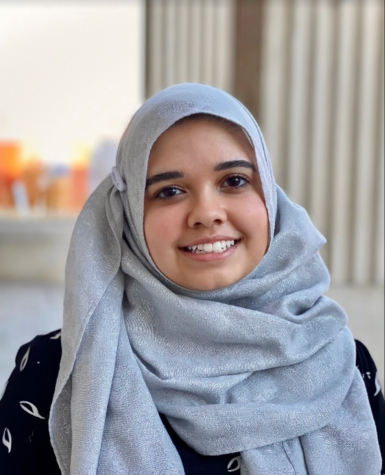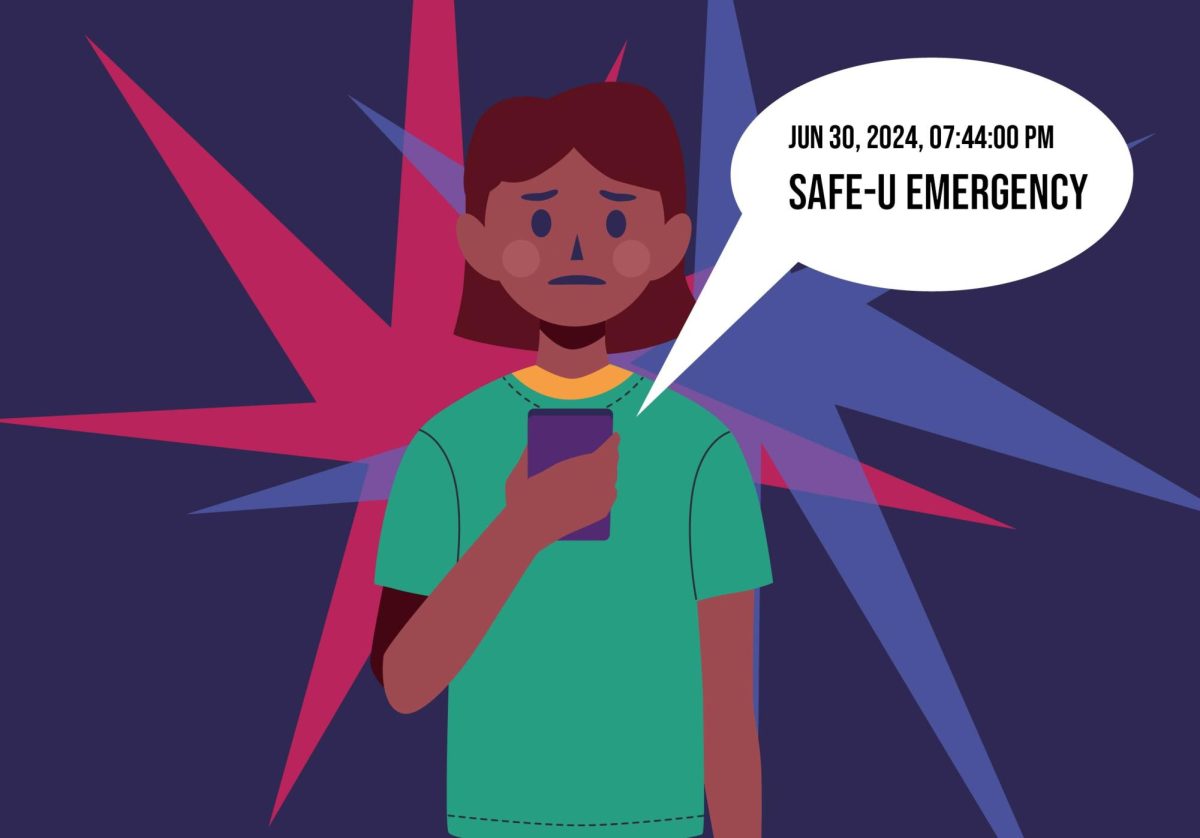
After circulating a survey to the Post-Secondary Enrollment Options (PSEO) student population, Safiya Anwar and her team asked Boynton Health to include full-time PSEO students in its mental health clinic.
Because PSEO students are not required to have insurance or pay student services fees, they do not have access to the mental health clinic at Boynton. Anwar, the president of the PSEO Student Association and a member of the Minnesota Student Association’s Health and Wellness Committee, started an initiative to increase PSEO student access to mental health resources at the University.
High school students can enroll in the PSEO program, which enables them to take courses at local universities to earn college credit.
PSEO students can access short-term mental health groups and resources, such as “Let’s Talk,” a virtual drop-in consultation, and Student Counseling Services. However, they are not able to access therapy sessions through Boynton.
“Those really aren’t suitable for the long term,” Anwar said. “So, I wanted to explore our options and see if we could get access to a more long-term support resource.”
Anwar and her small team have been working on the mental health initiative since last fall. Anwar began by meeting with stakeholders, including the nonprofit group “People for PSEO” and Scott Coenen, the director of pre-college programs.
In the fall, Anwar set out to learn more about obstacles to mental health care for PSEO students, such as students’ status as minors, which could lead to privacy concerns. She also worked to recruit more individuals for the project.
To better understand what actions the PSEO office could take to support PSEO student mental health, Anwar and her team circulated a small survey this spring. The survey received responses from just under 16% of the PSEO student body at the University.
Sixty percent of respondents said that they were not aware of available mental health resources, while others said that the resources felt “out of reach” or “not substantial enough” to help. Students also mentioned technical concerns and feeling guilty about accessing resources on the survey.
“Despite full course loads, [students] felt guilty or not important enough to access them,” Anwar said. “And that was mainly because they felt like they weren’t a ‘real’ college student, even though they were taking a full course load.”
Beckett Crain, a former PSEO student, said that it is easy to feel isolated as a PSEO student.
“I mean it’s kind of othering. You feel like you’re sort of an undercover agent,” Crain said.
An overwhelming number of students indicated that Boynton’s therapy sessions would be beneficial, according to Anwar.
Roo Case, a first-year PSEO student at the University, said that the University’s help with transitioning from high school to college life is minimal. He said that while he is personally comfortable with minimal direction, he could understand how it would be challenging for some students.
“I think there is a little bit more of a, ‘Plop, here you go, have fun,’” Case said. “There isn’t a good kind of slope into, ‘This is how college works, get used to it, and, you know, if you need help, let us know.’ … I wouldn’t be surprised if people have gone, ‘Boy, I’m having issues and I don’t know who to ask.'”
As a result of the survey, the PSEO office is planning to implement strategies to build awareness about existing mental health resources, such as emphasizing at orientation that advisers are a resource for those struggling academically.
An adviser will begin checking on PSEO students outside of advising appointments at least twice a semester, Coenen said. The PSEO office is also considering hosting a “burnout roundtable” with representatives from Student Counseling Services, current students and Boynton to talk about stress.
The PSEO office will be working to reduce the stigma about asking for mental health help. Coenen said there is still work to be done.
“I think that’s another byproduct of the survey, and [Anwar’s] work is, I think just making sure we continue to hammer home awareness, and then really reduce stigma and shame around support,” Coenen said. “I think it’s hard to imagine when you’re struggling what the resource can really do for you.”

























